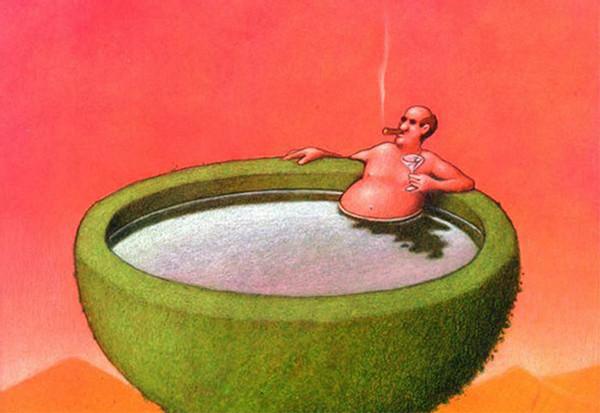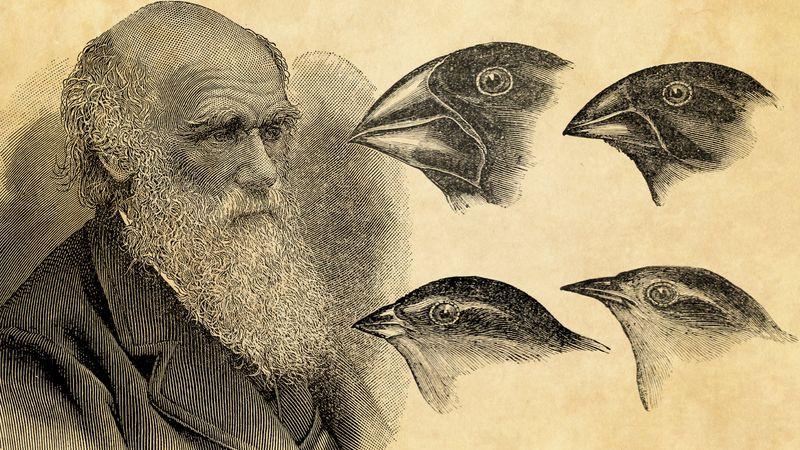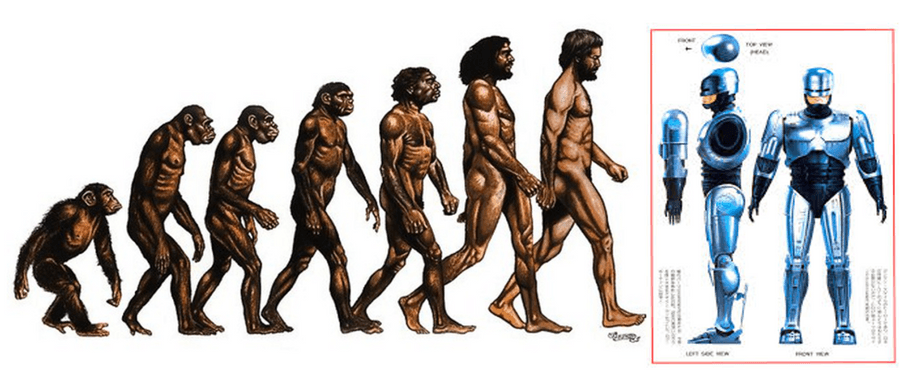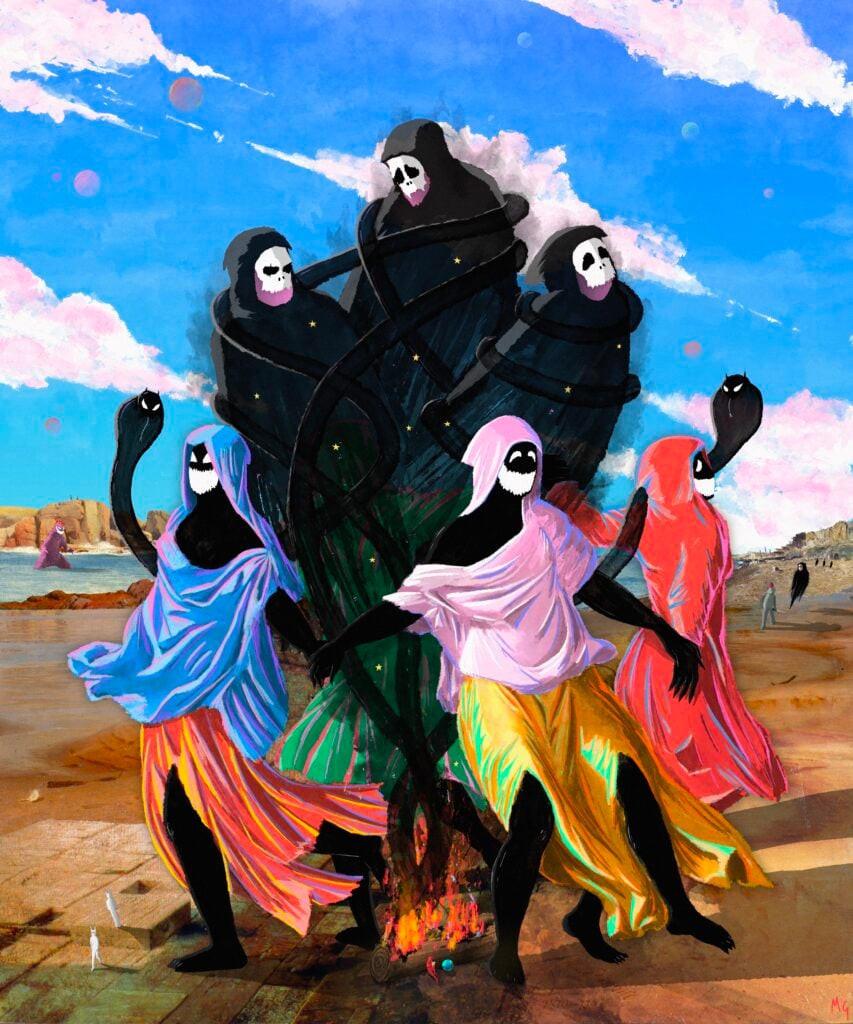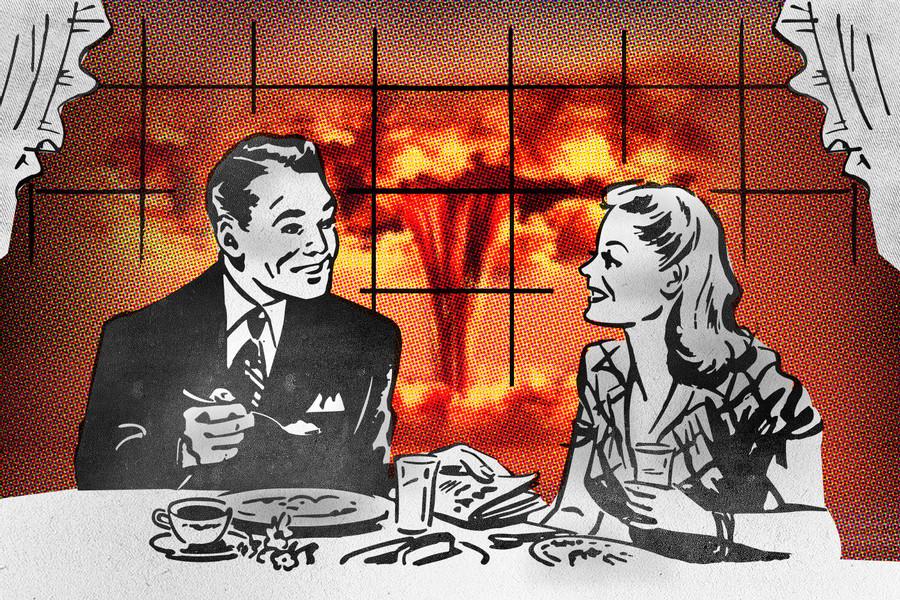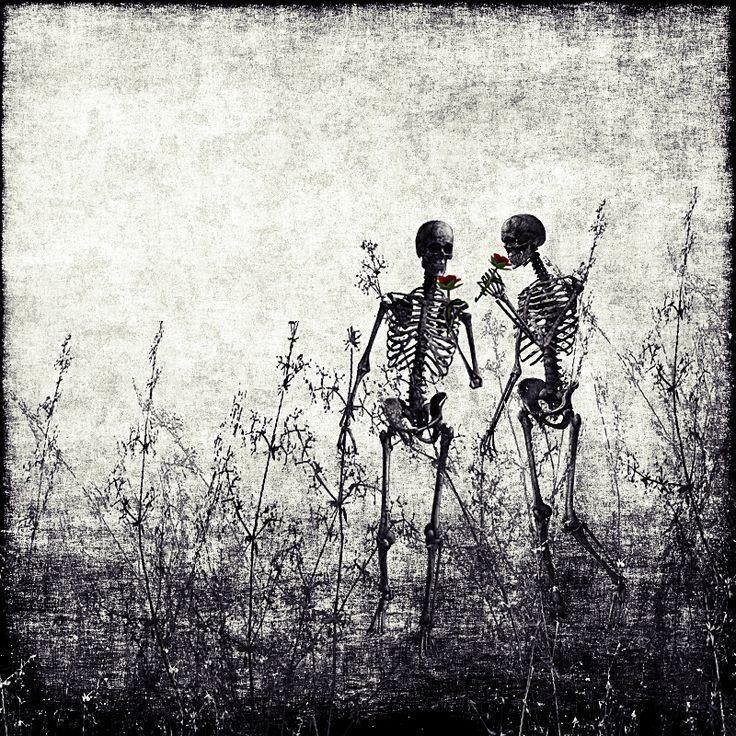Humans ARE Selfish! But is it Inherent or Cultivated?
Curated from: sofoarchon.com
Ideas, facts & insights covering these topics:
8 ideas
·1.77K reads
16
Explore the World's Best Ideas
Join today and uncover 100+ curated journeys from 50+ topics. Unlock access to our mobile app with extensive features.
I Me Mine I Me Mine
If you take a quick look at modern-day humans, you might conclude that they are inherently selfish. For if they are not, then why are they constantly trying to maximize their personal gain — whether in the form of money, possessions or power — at the expense of others?
The belief that human nature is essentially selfish is held by many — if not most — people. But it’s not only laypersons that hold it — even distinguished scientists do, including the evolutionary biologist Richard Dawkins, who popularized the theory of the “selfish gene.”
18
319 reads
Survival of the Pig(ish)
Dawkins bases much of his theory on evolutionary psychology, the field of study that tries to explain psychological traits from an evolutionary perspective. A common theory in evolutionary psychology is that, in prehistoric times, people lived in a fierce, competitive, life-or-death situation, where they had to fight tooth and nail against each other in order to gain access to resources necessary for their survival.
Therefore, by behaving selfishly, they increased their chances of surviving and passing on their genes.
18
261 reads
Evolution(sc)ary
This, some evolutionary psychologists claim, explains perfectly well why modern-day humans are selfish: Through hundreds of thousands of years of evolution (according to the latest findings, Homo Sapiens is at least 300,000 years old), we’ve been biologically and psychologically programmed to behave in selfish ways.
17
231 reads
Before Facebook (and keyboard warriors)
This theory sounds plausible, until we take into account historical and archaeological evidence. Contrary to what most people think (and yes, that includes distinguished scientists too), for 99% of human history humans lived pretty much at peace with one another.
Before the Neolithic Revolution — that is, the wide-scale transition of many human cultures from a lifestyle of hunting and gathering to one of agriculture and settlement that took place some 12,000 years ago.
17
213 reads
Coexistence long ago?
Humans lived mostly in nomadic, hunter-gatherer groups of up to 150 members. Back then, the world was sparsely populated (according to some estimates, the global population was no more than half a million around 15,000 years ago), food was abundant (at least, for the most part), and humans were quite healthy.
Therefore, it seems unlikely that they would fight against each other for resources, or for any other reason really. This doesn’t mean that they never did fight, it does suggest that they peacefully coexisted, without the need for competition and organized violence.
17
195 reads
Terrible Ted (and I mean awful)
As humans were settling in agricultural societies, they gradually started to behave very differently compared to hunter-gatherers. They began to privately own land (which, by the way, was inconceivable to hunter-gatherers, who saw the land as a sacred gift of nature to be shared by all), as well as animals and other resources.
This, led to social and economic disparities between humans. Resources weren’t enough for everyone anymore, as they used to be until that point in time. Naturally, humans felt more and more compelled to act selfishly in order to survive and gain competitive advantage.
17
180 reads
Condition that my condition is in
Fast-forward a few thousand years and the same competitive ethic exists to this day — and arguably more than ever before. Modern humans live in conditions of scarcity, where nearly everyone is forced to compete for money and resources.
In this world, we’re taught from a very young age that there are winners and losers — and if we want to be winners, we need to be very competitive. We’re conditioned to believe we can find succeed in life. Add to our materialistic culture where people are judged based on their possessions, it becomes crystal clear why humans today behave mostly in selfish ways.
17
176 reads
Impetus Cite
“A false friend and a shadow attend only while the sun shines.” —Benjamin Franklin
19
195 reads
IDEAS CURATED BY
Self Motivated, Trauma Neutralizer, Lover of Persiflage & Communication!
CURATOR'S NOTE
I'm aware that you're aware that I'm aware.
“
Similar ideas
4 ideas
Why people sleep less than their primate relatives
knowablemagazine.org
4 ideas
Mimetic Desire explained in exactly 500 words
complexitycondensed.com
6 ideas
This Is How To Have A Long Awesome Life
bakadesuyo.com
Read & Learn
20x Faster
without
deepstash
with
deepstash
with
deepstash
Personalized microlearning
—
100+ Learning Journeys
—
Access to 200,000+ ideas
—
Access to the mobile app
—
Unlimited idea saving
—
—
Unlimited history
—
—
Unlimited listening to ideas
—
—
Downloading & offline access
—
—
Supercharge your mind with one idea per day
Enter your email and spend 1 minute every day to learn something new.
I agree to receive email updates
